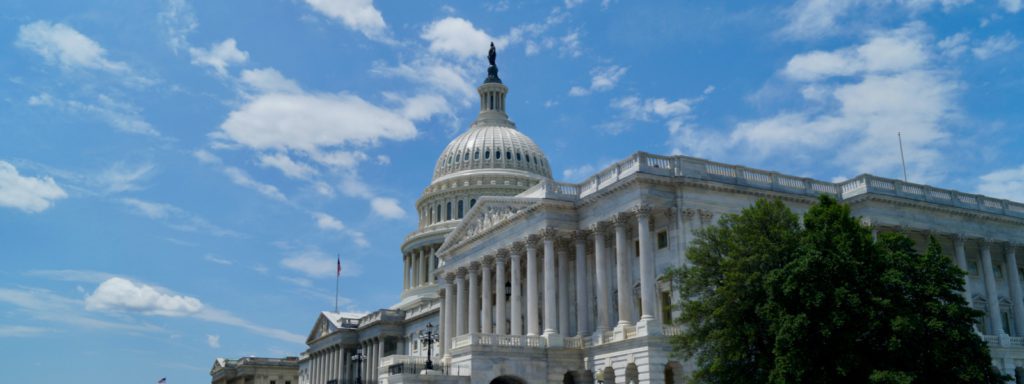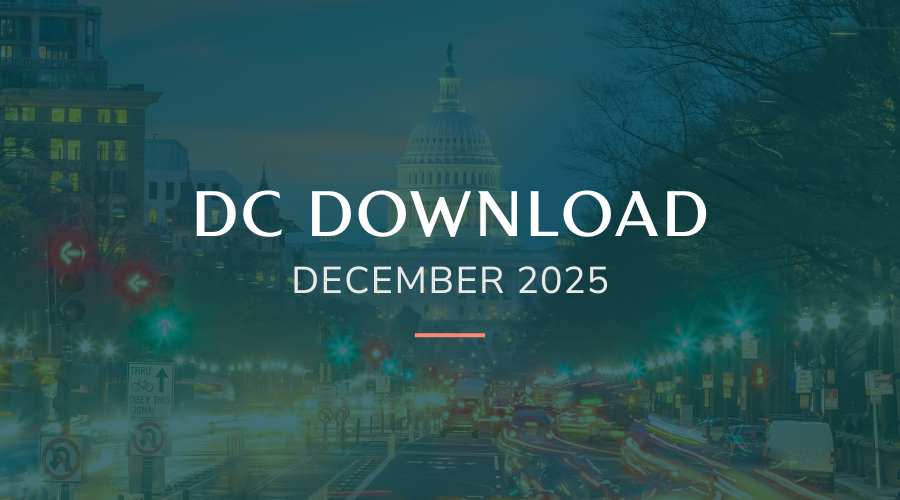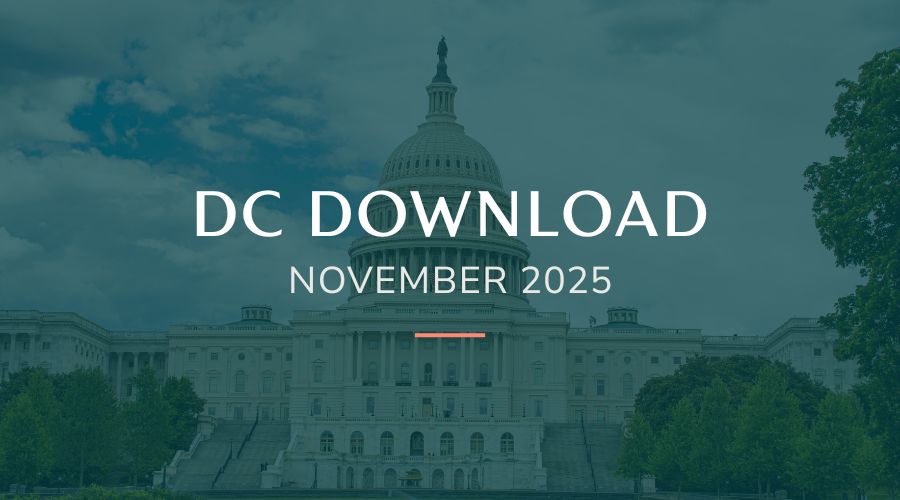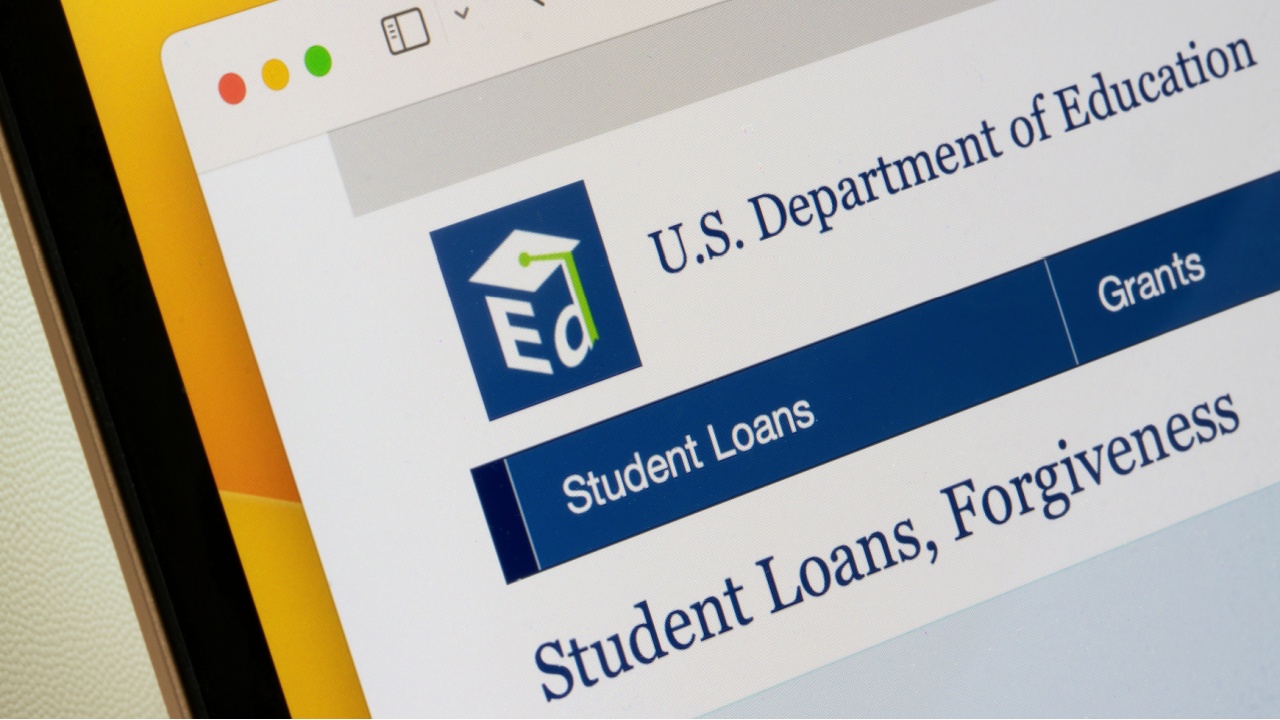By Ana Montañez
Summer is just around the corner and Congress is running out of time to tackle some pressing items ahead of the August recess – like funding for COVID-19 and other legislative business. If you have been busy keeping cool from warm weather or simply planning your vacation, fear not. Here is a download of the most pressing issues in Washington, DC affecting nonprofits:
COVID-19 Package and Small Business Funding Update
Time is running short for Congress to legislate before the August recess and the midterm elections. There is still no clarity on whether there will be a Senate reconciliation package that could include green energy and tax provisions. Senate Majority Leader Chuck Schumer (D-NY) continues to engage Sen. Joe Manchin (D-WV), who has been vocal against Democrats’ $1.5 trillion reconciliation package.
The Senate remains in a stalemate over the COVID-19 package – which would allow the government to purchase more therapeutics, tests, vaccines, and other supplies – due to differences on immigration policy between Democrats and Republicans. The House voted on funding for the COVID-19 package back in April. On May 19, Republican senators blocked the Senate from considering a $48 billion aid package for restaurants and other hard-hit businesses. The House passed its version of the bill back in April before the Easter recess.
Senate Hearing on Tax Exempt Organizations and Political Activity
On May 4, the Senate Finance Subcommittee on Taxation and IRS Oversight held a hearing on “Laws and Enforcement Governing the Political Activities of Tax Exempt Entities.” The hearing focused on the role that nonprofit organizations play during elections, the role of the IRS, freedom of speech protection, and political contributions made by certain types of tax-exempt organizations.
Ahead of the hearing, Independent Sector submitted a statement for the record highlighting the need for clear and objective rules for nonprofit political activity, and a balance between laws, enforcement, and self-regulation to allow more organizations to participate in their democracy and bolster public trust in the nonprofit sector.
Affordable Connectivity Program Launches to Reduce High-Speed Internet Cost
On May 9, as part of the implementation of the Bipartisan Infrastructure Law, President Biden and Vice President Harris announced they have secured private sector commitments that will lower high-speed internet costs for millions of American families. The Biden-Harris Administration worked with Democrats and Republicans to create the Affordable Connectivity Program (ACP), which allows tens of millions of American households to reduce their internet service costs by up to $30/month (or $75/month on Tribal lands). Independent Sector members, including United Way Worldwide, Goodwill Industries International Inc., Catholic Charities USA, and UnidosUS, as well as other nonprofits, will train their national networks to conduct direct enrollment and outreach.
The Nonprofit Infrastructure Investment Advocacy Group (NIIAG), co-chaired by Independent Sector and KABOOM!, considers the announcement of the Affordable Connectivity Program a victory after advocating for access to affordable high-speed broadband and other key civic infrastructure investments as part of this law.
Charitable Deduction Data
The Fundraising Effectiveness Project (FEP) recently released its quarterly fundraising report that highlights charitable giving trends for 2021. The report shows charitable giving increased by 2.7 percent in 2021, when compared to 2020, or 11 percent when compared to pre-pandemic 2019 levels.
Additional FEP data beyond the latest quarterly report shows that the universal charitable deduction works. When measuring gifts of $300 – the exact amount of the temporary universal charitable deduction for individuals – FEP found increases in both 2020 and 2021. When compared to 2019 gifts of $300, FEP found a 7.5 percent increase in 2020 and 2021. Furthermore, they also measured gifts of $300 made on the last day of the year, which is when we see the most giving compared to the rest of the year. Numbers show a 33 percent increase of those $300 gifts on December 31, 2020, when compared to 2019, and a 7 percent increase on December 31, 2021, when compared to 2019.
Research conducted by Howard Husock for the American Enterprise Institute shows that since passage of the 2017 Tax Cut and Jobs Act, charitable giving has declined in high-income counties with high state and local taxes. Many proponents of the law believed that its provision limiting deductions for state and local taxes would indirectly encourage charitable giving by the wealthiest taxpayers. The author points out two ways the tax code could encourage charity among those who are not the highest-earning households. They include an above-the-line charitable deduction, or tax credit, available even for households that do not itemize their tax returns.
Ana Montañez is the manager of government relations at Independent Sector.



